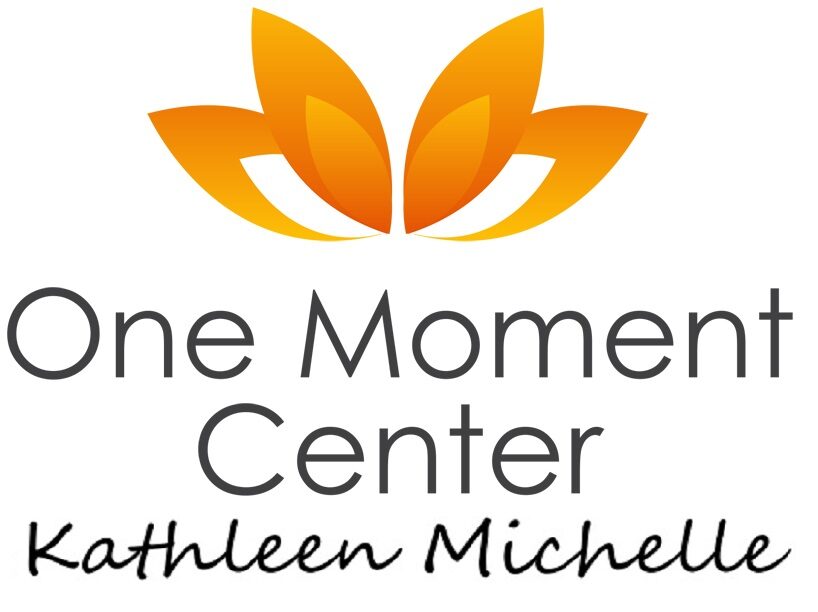These topics, self-blame (and its destruction) and forgiveness (and its healing benefits), could have many books written about them. Actually, they do. So, I’ll do my best to not write another book in what is supposed to be a short e-letter. Though, this topic runs deep for me.
I’m not one to boast, but man am I great at finding ways to tear myself apart! From my earliest memories of being in sports, to the academic world, to being in relationships of all kinds, I was born with a talent for critiquing myself. This ability to critique isn’t inherently “bad,” though when it comes in the form of judgment and the “I’ll never be good enough,” mentality, it’s pretty damaging. If I’m aware of a mistake, or if a flaw is pointed out to me, my brain likes to go right into mean thoughts about myself. Ouch!
Despite my efforts to be the perfect, most loving, most kind and compassionate person, I’ve done my fair share of human mistakes including hurting others (unintentionally, even some times intentionally with a vindictive agenda), being greedy, bending the truth so I don’t look so bad, broken promises, said or done insensitive things. I’ve also been pretty dang unkind to myself.
Many Mindfulness, spiritual, and wise leaders have reminded us of a very important lesson: We are humans having a spiritual experience. We are ever evolving. We were not born perfect or to be perfect. We were born to have “flaws” so that we can remain in a state of growing and learning. Even calling them “flaws” is judgmental. We are all different and have aspects of us that remind us to stay present and intentional.
One of the greatest gifts I’ve received from a Mindfulness practice and lifestyle is learning to forgive myself. I’ve learned that self-blame and beating myself up are useless. It just ends up with me bullying myself, abusing myself. It does not lead to healing. At times I think it propels me to “be better, do better,” but really it just leads me into frantic reactions to keep trying to be “perfect” or seem “perfect” to others.
The alternative is to forgive oneself. It’s in letting go of the blame and the anger, and leaning into compassion, that we are able to forgive. This includes how we forgive our self: letting go of self-blame and the resentment we’ve built up toward our self.
This isn’t about not holding ourselves accountable or condoning poor, unkind behavior. In fact, it’s about being honest with our self about what went wrong and how we got there. Did we not know something? Did we lack the skills or tools? Did I know better and do it anyway? What wound did that come from? From there, we can learn a lesson and move forward accordingly.
If we add self-blame and mean thoughts into this, we are simply adding suffering. It doesn’t make the mistake go away, or its consequences. It does not redeem us from whatever it is we did. It simply makes us feel bad.
So what does Mindfulness have to do with self-blame and forgiving oneself? To begin, we have to slow down enough to be aware, to observe, that we are beating ourselves up and filling our own mind and soul with judgment and fear. Then it takes a true nonjudgmental and compassionate mindset to free our self of the pain we’ve been putting our self through.
It’s been a tough, and at times awkward, road for me forgiving myself instead of beating myself up. My ego (in the Buddhist sense; our fear, worry, and lack thoughts) likes to jump in the minute I start letting myself “off the hook.” It takes practice to keep returning to compassion and forgiveness.
The effort to choose forgiveness is worth it, or at least it has been for me. Forgiving myself has even helped me have more compassion for others. This is a part of my ever evolving, human, spiritual, Mindfulness journey.
Don’t take my word for it that self forgiveness and Mindfulness can transform your life. Try it yourself and discover your own journey to your happiest, most at peace self.
Peaceful travels on your journey to your happiest self!
-Kathleen Sprole



